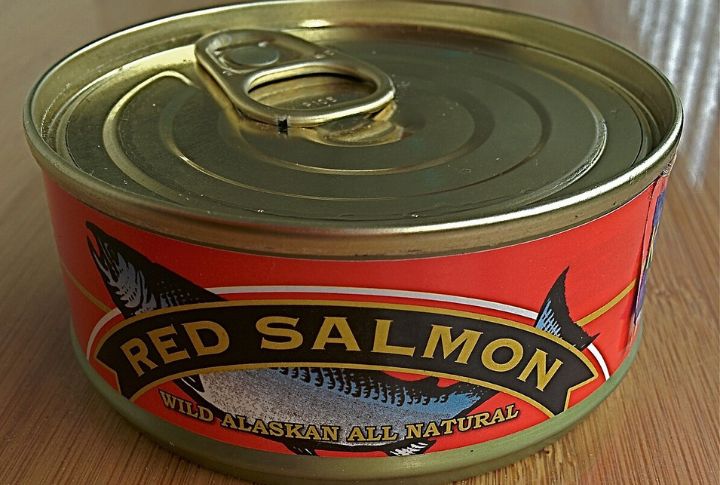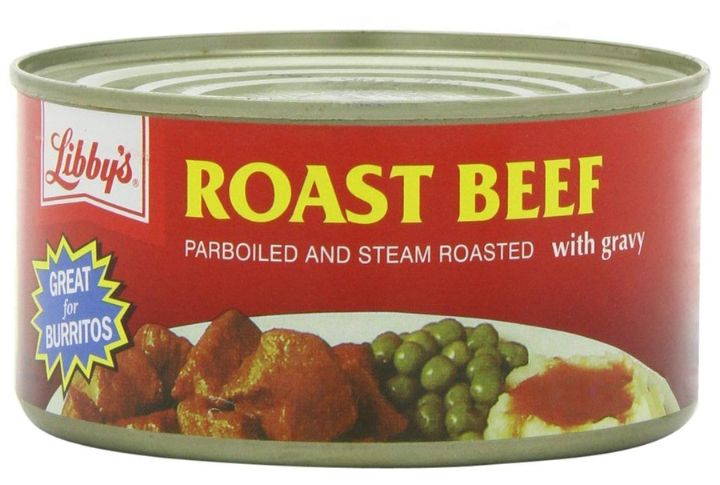
Canned meats offer convenience and long shelf life, but not all options are equal regarding nutrition and quality. Knowing which ones to trust and which to skip can make your grocery shopping more efficient and your meals healthier. Here are five reliable choices and five you should leave on the shelf.
Canned Chicken

Rich in lean protein and naturally low in fat, canned chicken is a versatile staple that can be used in countless recipes. When selecting a can, choose varieties labeled “low sodium” to avoid consuming excess salt, which can impact heart health. Also, always check the label for minimal ingredients, as fewer additives typically indicate better quality.
Canned Sardines

Unlike larger fish, canned sardines are lower in mercury, which makes them a safer and healthier option for regular consumption. In addition to this, they are packed with omega-3 and vitamin D for both heart and bone health. For a lighter choice, choose sardines packed in water to reduce calorie intake.
Canned Salmon

This is an excellent source of protein that delivers essential omega-3 fatty acids and vitamin B12. When bones are included, it naturally provides added calcium for bone strength. Wild-caught options often have fewer contaminants than farmed salmon, making them nutritious for salads or simple meals.
Canned Turkey

Turkey naturally delivers vital nutrients like selenium and gives your immune system a little backup. Regarding convenience, canned turkey stands out with its high protein and lower fat content. It’s a handy addition to soups or casseroles—perfect for when fresh poultry isn’t in the cards.
Canned Tuna

The FDA gives canned light tuna the green light and recommends 2 to 3 servings of fish per week for most adults, owing to its low mercury levels and big nutritional payoff. Packed with protein and essential minerals, tuna supports muscle repair. Light tuna, especially skipjack, tends to have less mercury than albacore, making it a safer choice for regular meals.
Canned Corned Beef

Despite its popularity, canned corned beef is a sneaky salt bomb, packing more sodium and saturated fat than expected. Just one serving can deliver over half your daily salt intake. According to the WHO, regularly consuming high-sodium foods like corned beef can contribute to hypertension and heart disease over time.
Canned Roast Beef

Convenient? Sure. Appetizing? Not so much. Canned roast beef resembles a mystery meat experiment gone wrong: mushy texture and a weird metallic aftertaste that fresh beef doesn’t have. It’s full of preservatives like sodium nitrite, which has been associated with possible health risks, including an increased chance of certain cancers when consumed in excess.
Canned Pork

Many brands add artificial smoke flavoring and stabilizers to enhance taste and texture, making it a highly processed option. The high saturated fat content can also cause heart disease, while added sugars or modified starches are sometimes included to improve consistency but offer no nutritional benefit.
Canned Vienna Sausages

These tiny sausages often contain nitrates and other preservatives that have been linked to potential heart issues and even certain cancers with regular consumption. While their long shelf life makes them convenient, the high saturated fat and low nutritional value make them more of an occasional indulgence than a regular pantry staple.
Canned Ham

This canned meat has a reputation for convenience, but what it saves in prep time makes up for hidden risks. Packed with preservatives like sodium nitrate and nitrite, it’s part of the processed meat category the World Health Organization has associated with an increased risk of colorectal cancer. Plus, the high sodium content in it strains your heart.
